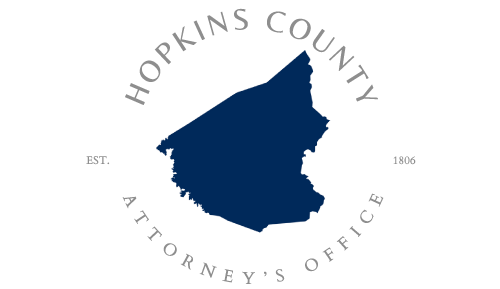Proudly Serving the Community & Citizens of Hopkins County Kentucky.
Legal Services
The Hopkins County Attorney’s Office provides a wide range of legal services for the citizens of Hopkins County Kentucky, including but not limited to the following:
Meet Lee Riddle
Hopkins County Attorney


